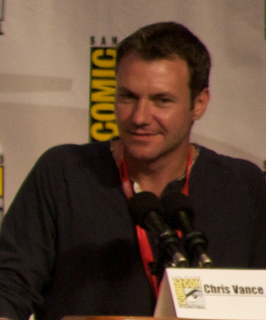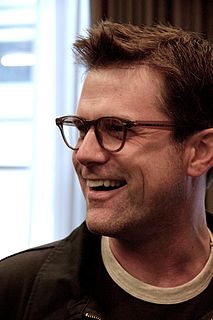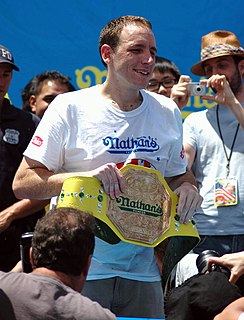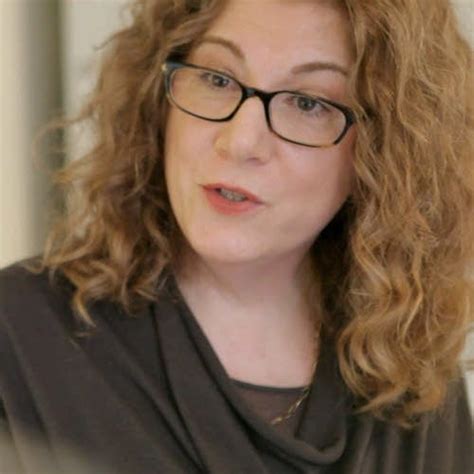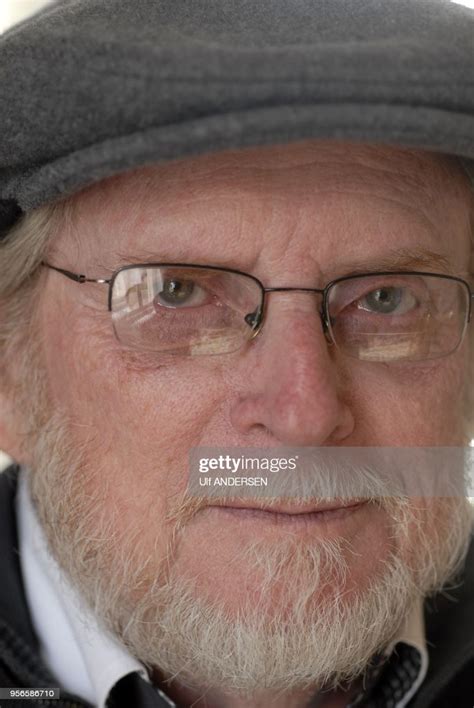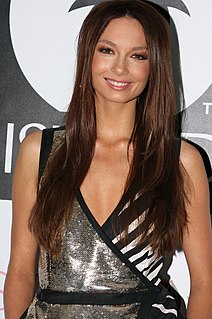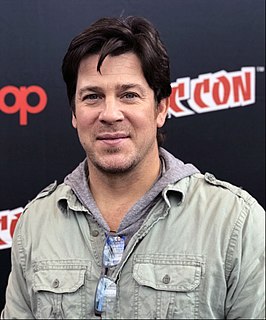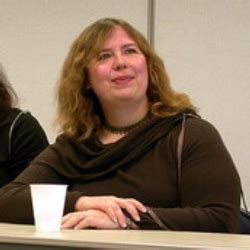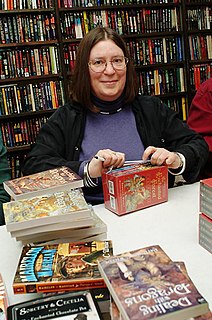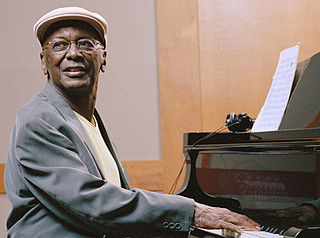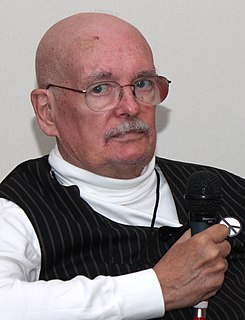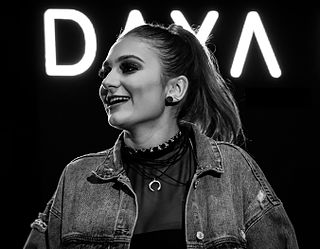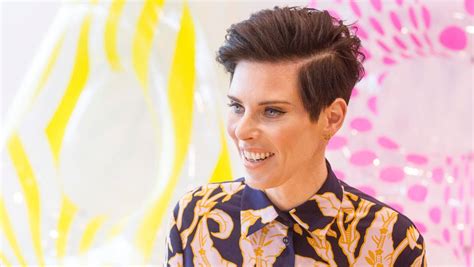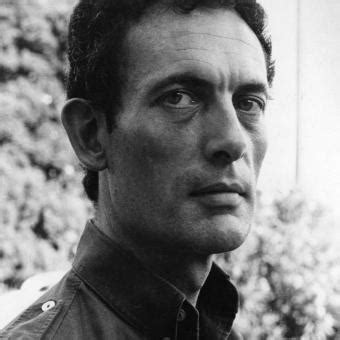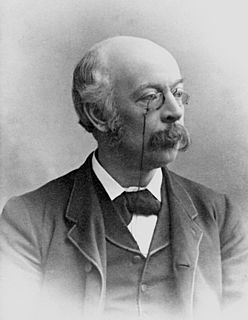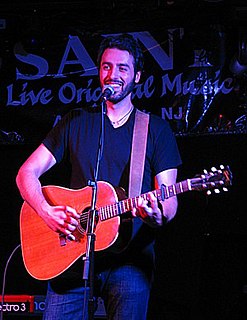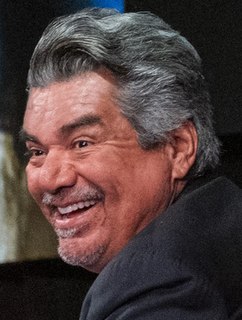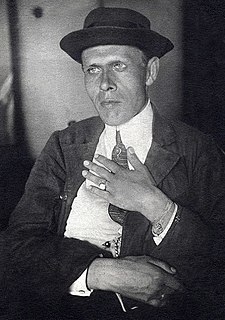Top 1200 Writing Things Down Quotes & Sayings - Page 4
Explore popular Writing Things Down quotes.
Last updated on April 20, 2025.
As for not getting things right: I constantly rerun social situations/conversations I experience/have throughout my head, and I'm always writing them down in notebooks or in word documents/the Internet. I feel like these habits and a generally good memory of people/the interactions I have with them (due to studying people having always been my main interest in life) have lead me to being very accurate in things I write in stories/essays.
Writing has taught me a lot - though far from everything - about writing, so as time has passed, it has become more pleasurable if not easier. I've done other things in life, but writing is by a factor of 10 the most difficult among them. And, of course, you never achieve what you set out to achieve, so you must keep on trying to do better.
As an actor, I never really had a strategy. I just take projects, as they come. It all comes down to the writing, at the end of the day, for me. I don't care if it's a two-line cameo or the lead of the thing, as long as the project has some weight behind the writing and it's interesting and I think people will enjoy it.
There's exceptional work being done on television. Some of our great writers are writing for television. When you have things to choose from, you typically go after the writing - unless you're going after the money. There are fewer opportunities in film to make money with good writing, unless you're an action hero.
I love a lot of American writers, but I think that for the most part the scope of what's accepted as great American writing is very limited. What we have is good, but it's limited. There's not enough engagement with the world. Our literature's not adventurous enough. The influence of MFA writing tends to make things repetitive. The idea that writing can be taught has changed the whole conversation in the U.S.
To my mind, nothing is as important as good writing, because in literature, the walls between people and cultures are broken down, and the things that plague us most—suspicion and fear of the other, and the tendency to see whole groups of people as objects, as monoliths of one cultural stereotype or another—are defeated. This work is not done as a job, ladies and gentlemen, it is done out of love for the art and the artists who brought it forth, and who still bring it forth to us, down the years and across ignorance and chaos and borderlines.
Some things lend themselves well to songs, some things don't, and I'm learning that a lot at the moment. It's still a relatively new way of writing. It's only really the last five to 10 years that I've taken my writing seriously in this way, as something I can keep working toward. I think I feel myself much more before as simply a songwriter.
I discovered that I, a writer of what is known as creative nonfiction, could do the research and bridge the gap in my books and lectures through true storytelling. This is not 'dumbing down' or writing for eighth graders. It is writing for readers across cultures, age barriers, social and political landscapes.
For me, a lot of Discipline was very personal writing, like writing through and working out being inside this gendered body and also the compulsions of the body, the muting of the mind as driven by the body. My father had died some years ago so he haunts the book too, just floats through it ghost-like. But, the writing of every book is different for me. They are so like living creatures, these books, so I don't know what's carried over into the writing of the next things - except maybe that I'm best when I make my writing practice a routine.
I don't generate a storyline and then fill it out in the course of writing. The story actually generates in the course of the writing. It's one of the reasons I've never been comfortable doing screenplays, because in order to get the contract for the screenplay, you have to sit down and tell them what's going to happen.
Writing about real stuff that really concerned me brought out my craft. If you're writing a story about, 'Is Lois Lane gonna figure out that Superman is Clark Kent?' - it's really hard to get involved in that on anything other than a craft level. And I'm not gonna put down craftsmanship; it is a noble enough thing to have made a table that you can pound on and it doesn't fall down. But occasionally, we might have an assignment that engages some other parts of ourselves, and those tend to be the good stories.
You become a writer on a television show, and you see yourself doing bigger and better things, you don't wait till they tell you, "Here's the way to do bigger and better things," you start writing. You start writing that material that you might be doing off to the side. Nobody's going to be paying you for that, but it could turn into something big.
Always, at the end of every book, there are things you will be unsatisfied with, and still more things that later on you will realize were not right. But mistakes are part of what a book is. That itchy, dissatisfied feeling at the end of a novel is useful. It's what keeps you writing and gets you writing the next one. It's what keeps you learning.
I released that I could crank out a song if I practiced it a lot. If I am in the practice of writing songs everyday or every other day, getting ideas and following through with them, and not just saying "I've got this idea, but I will get to it at some point." If I actually sit down and not be lazy, and follow through with it then you just get in the practice of doing things. It feels very productive, and then it gets a lot easier, because you are working the muscle in your brain. The "song-writing muscle" so to speak.
In a sense, journalism can be both helpful and detrimental to a writer of fiction because the kind of writing you need to do as a journalist is so different. It has to be clear, unambiguous, concise, and as a writer often you are trying to do things that are more ambiguous. I find that writing fiction is often an antidote to reading and writing too much journalism.










